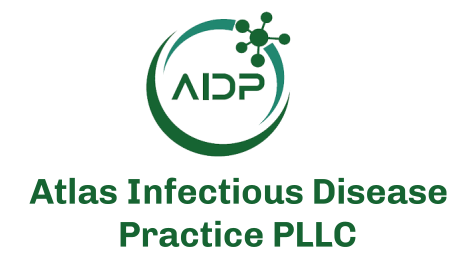Jose Alexander, MD, ABMM, ABAIM, FCCM, CIC, ASCP, BCMAS, medical director for the microbiology laboratory at AdventHealth in Orlando, FL has a unique perspective. As someone who has been both a practicing physician in the past and a current laboratorian, he is able to utilize both his clinical and diagnostic experiences and apply them to individual cases. This dual professional experience helped him earlier this year when he and his lab team at AdventHealth were able to diagnose a novel variant of klebsiella pneumoniae, called KPC-31, in a patient which was possibly the first case ever diagnosed in the state of Florida.
The detection of this mysterious and unusual pathogen was discovered utilizing various diagnostics tools including whole genome sequencing (WGS) as well as multi-locus sequence typing (MLST).
“We’ve been lucky enough in the last two years that we’ve been working with whole genome sequencing, which brings us a direct, rapid clinical tool for identification,” Alexander said. “But now we have it implemented as a clinical tool for identifying mycobacteria, fungi, and some bacteria,” Alexander said.
The case identifying the KPC-31 variant stems from a patient that they were familiar with at his institution who had previously battled klebsiella pneumoniae multiple times over the year.
After discovering the isolate, it was rapidly tested against ceftazidime/avibactam, meropenem/vaborbactam, and imipenem/relebactam. Alexander and his team were surprised because the isolate was resistant to ceftazidime/avibactam, and susceptible to meropenem/vaborbactam, and imipenem/relebactam. He said they also found meropenem and imipenem were susceptible without inhibitors.
“We decided to do whole genome sequencing. And then after we did that, we started evaluating and the first thing that we did was ask what is the MLST of this strain? So, we found that it was strain 307 that is hypervirulent, and has been reported both globally and in some regions in the US.”
Alexander sees the adoption of Matrix-Assisted Laser Desorption/Ionization Time-of-Flight (MALDI-TOF) mass spectrometry in microbiology being an important tool because it can identify microorganisms within 24 hours. Along with identifying the pathogen, he stresses the importance of differentiating between the antimicrobial resistance and susceptibility in these cases. And knowing the organism before setting up susceptibility testing is a significant development.
“I seeing antimicrobial testing not only from the treatment perspective, but also from the perspective of having a more comprehensive screening. This is something that we’ve been talking with some of the manufacturers about to try to have this approach, because we want to make sure that we are able to account for those new challenges that constantly are arising.”
Lastly, he says it is important for good communication between pharmacists, other clinicians, and laboratory professionals to work together through challenging cases.
“If we know that we have a problem with a specific antimicrobial resistant organism, let’s say pseudomonas—being able to understand it phenotypically— what are the best agents that in vitro we know have clinical activity or indicated for, having that cumulative data can actually drive antimicrobial therapy before susceptibility tests are available,” Alexander said. “I think using cumulative data to create a laboratory algorithm can be triggered just by a specific pattern. We can also alleviate the over calls to the laboratory asking for additional testing, asking for confirmation, and the pharmacy and the physician can escalate treatment immediately.”






